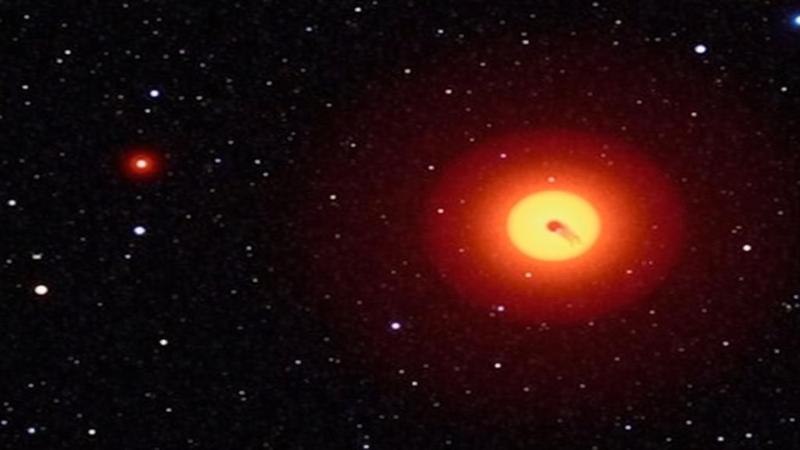Astronomers unveil brightest fast radio burst, heralding a new era in space drama

In a development that has astronomers rebooting their coffee machines, scientists announced the brightest fast radio burst ever detected. The signal reportedly dwarfed every previous FRB, prompting researchers to whisper about records and sponsorships from cereal brands.
Space agencies scheduled a press conference that sounded suspiciously like a season finale trailer. A senior researcher declared this marks the beginning of a new era, a line the press dutifully stitched into motivational posters for interns and night shift telescope operators.
The burst lit up the lab monitors and raised eyebrows among administrators who were hoping for regular budget reports instead of interstellar fireworks. Some wondered whether the universe had just uploaded a new software update and forgot to include the patch notes.
Astrophysicists fired off exclamations about calibration and coincidence, while PR teams tried to translate new era into a grant proposal that would not require a time machine.
Social media exploded with memes about aliens ordering takeout from distant galaxies. Scientists, meanwhile, debated whether this signal could finally shut up the skeptics who keep asking for more data.
Of course, the press release had to be careful not to promise too much lest the public expect a radio version of the Rapture. Still, the new era line began trending faster than the burst itself.
Experts cautioned that a single bright blink does not rewrite the laws of physics, though it does rewrite PowerPoint slides about expectations. In the meantime, coffee shops around the globe reported unusual demand for mugs with space themed slogans.
Officials reminded reporters that more observations are needed, while engineers prepared a shopping list that sounded suspiciously like an expansion plan for a galaxy wide home theater. The department allegedly ordered a few experimental devices, including a ‘cosmic antenna booster’ to help catch the next blast.
Meanwhile, social media influencers released tutorials on how to explain a FRB to skeptical coworkers, with one video recommending a ‘stellar-proof space blanket’ for nervous astronomers.
Some critics argue the event is overhyped, while others declare it is the astronomical equivalent of a loud, embarrassing Yelp review from the universe.
NASA officials stressed that nothing about FRBs implies civilization ending doom, just a chance to stress-test telescope cooling systems and grant applications.

Industries not normally associated with space are circling the story like satellites around a lunch buffet.
Economists predicted a spike in curiosity-driven consumer behavior, followed by a wave of new era merchandising.
Astronomers themselves admitted they are just as surprised as the rest of us, though they are not as fashionable in their lab coats as fashion bloggers would have preferred.
The night sky remained silent, which some claimed was just the universe politely waiting its turn for attention.
Editors warned headlines might overstate significance, but conceded that the burst did give them a neat tagline to print on the next issue. Reporters nodded, hoping the era talk would boost readership and not cause a telescope to demand a raise.
Researchers will continue scanning the cosmos, perhaps hoping for a signal that also doubles as a pop song.
The burst’s energy might have been a cosmic eccentricity, but it has also reminded the world that the universe is better at drama than most reality shows.
Public-interest groups urged responsible science communication, insisting that the drama not overshadow genuine questions about dark matter and funding.
Still, the event has entered the annals of space gossip as the day the cosmos declared a new era with the fervor of a Twitter influencer stepping onto a stage.
A few analysts suggested this could be leveraged for outreach programs at science museums, where children learn to pretend they’re listening to the stars.
In the end, the universe kept blinking, leaving humans to debate whether the new era would include better Wi-Fi on space stations or just better press conferences.
